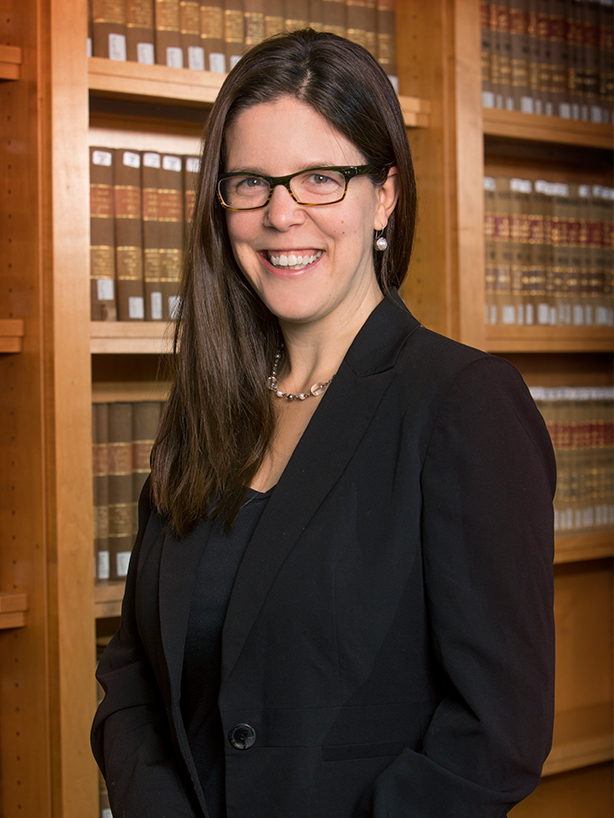
Professor Shoemaker’s article, Complexity’s Shadow: American Indian Property, Sovereignty, and the Future, has been accepted by the Michigan Law Review. The article offers a comprehensive approach to analyzing the modern American Indian land tenure system and explores particularly how the recent pattern of hyper-categorizing property and sovereignty interests into ever-more granular and interacting jurisdictional variables has exacerbated development and self-governance challenges in Indian Country.
_______________
Professor Shoemaker was recently elected by the fellows of the Center for Great Plains Studies to serve on the Center’s Board of Governors for a three-year term. The Center is focused on the study of the people and environment of the Great Plains. The Center publishes two different journals, presents regular interdisciplinary lectures and symposia, and operates a host of scholarly and outreach projects, including most notably the Great Plains Art Museum in downtown Lincoln, the Plains Humanities Alliance, and a remarkable graduate student, faculty, and community fellows program.
_______________
Professor Shoemaker presented at the Rights of Indigenous Peoples Interest Group works-in-progress workshop at Princeton University. Professor Shoemaker was invited to participate in this program of the American Society of International Law to share her work on modern American Indian property institutes and land tenure challenges. Shoemaker presented her most recent article, Complexity’s Shadow: American Indian Property, Sovereignty, and the Future, and discussed a future project tentatively called Transformational Property.
_______________
Professor Shoemaker presented “Transformational Property” at Queens University Belfast in Northern Ireland. This was part of the Association for Law, Property, & Society annual meeting. Professor Shoemaker discussed her ongoing project studying the process of property system change over time, with a particular focus on opportunities for future grassroots reform to American Indian reservation property systems. She also moderated a panel on property and social justice.
_______________
Professor Shoemaker attended the Indian Land Working Group’s 26th Annual Indian Land Symposium hosted by the Oneida Tribe of Indians of Wisconsin in Green Bay. This is a national conference bringing together key stakeholders, including tribal leaders, landowners, federal officials, and academics, to address innovation and policy in Native land tenure and governance. The Symposium theme this year was “Scaling Up Responsible Land Management, Ownership, & Rights,” and Shoemaker presented in two extended working group sessions on sustainable development of trust restricted land. Shoemaker co-presented with Janie Hipp, Director of the Indigenous Food & Agriculture Initiative at the University of Arkansas School of Law.